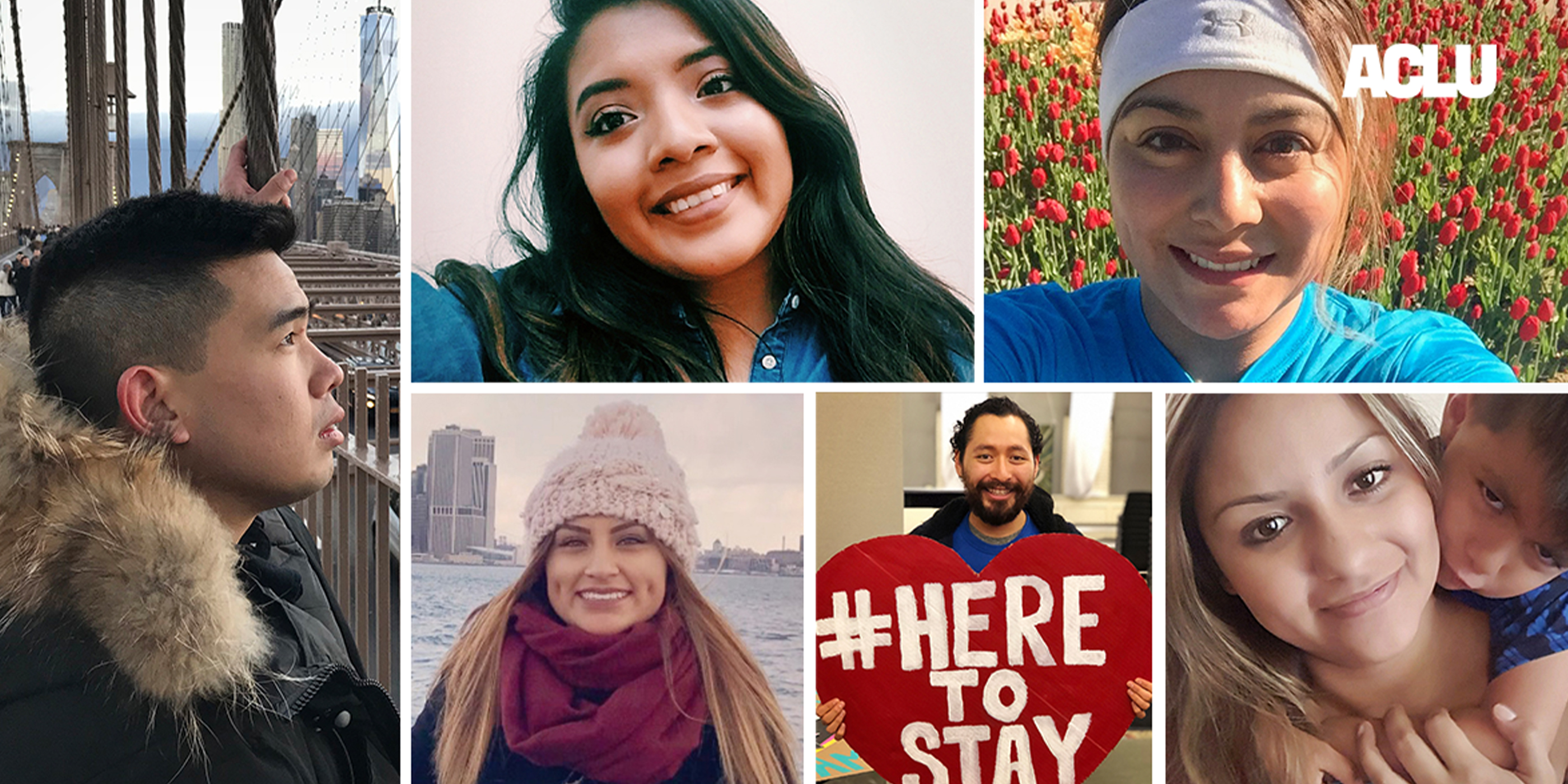
Dreamers of America
Overview
Now that President Trump has rescinded the Deferred Action for Childhood Arrivals (DACA) program, 800,000 people across the United States are at risk of losing their jobs and being deported from the country that is their home.
Xochitl Juarez
Case manager for foster children with autism, Salt Lake City, UT
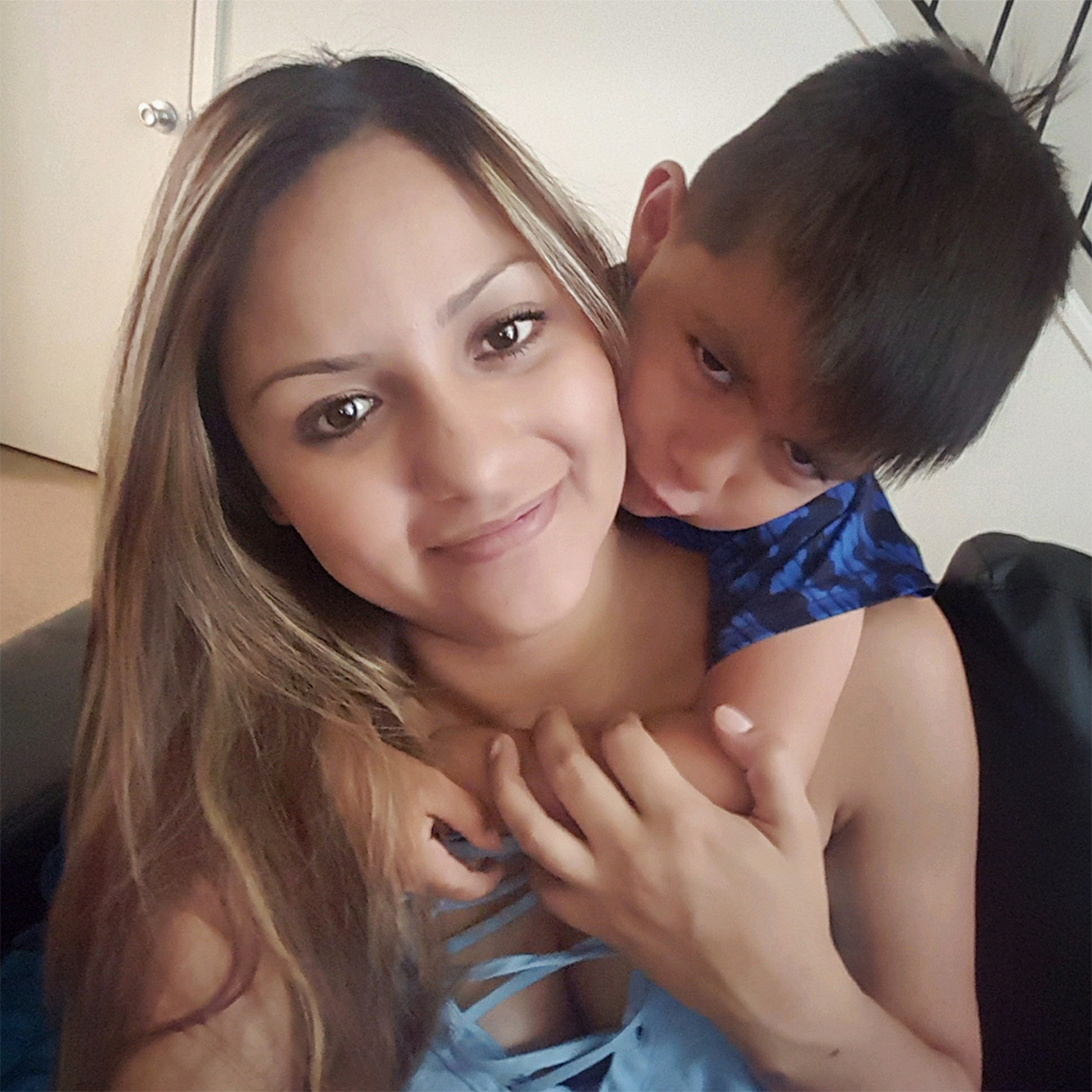
The day I brought my son, Yarey, home from the hospital, I lay down on the bed beside him. I grabbed his little finger and said, “I’m going to do something for you. When you grow up, you’re going to be proud of your mommy.” That promise has pushed me to everything I’ve accomplished. After I got DACA, I got a job at an agency that helps foster children who have been abused and who have autism and other disabilities… and got promotions at work.
Children with autism act out their emotions, often physically. In my work, kids will hit you, they will kick you, they will spit on you, they will pull your hair. They have been through so much. Sometimes I think it’s kind of ironic that people think of me as a criminal because of my status, when here I am working with American families who have abused their American children and committed so many crimes against them.
Vanessa Gutierrez
Office Administrator, Holland, MI
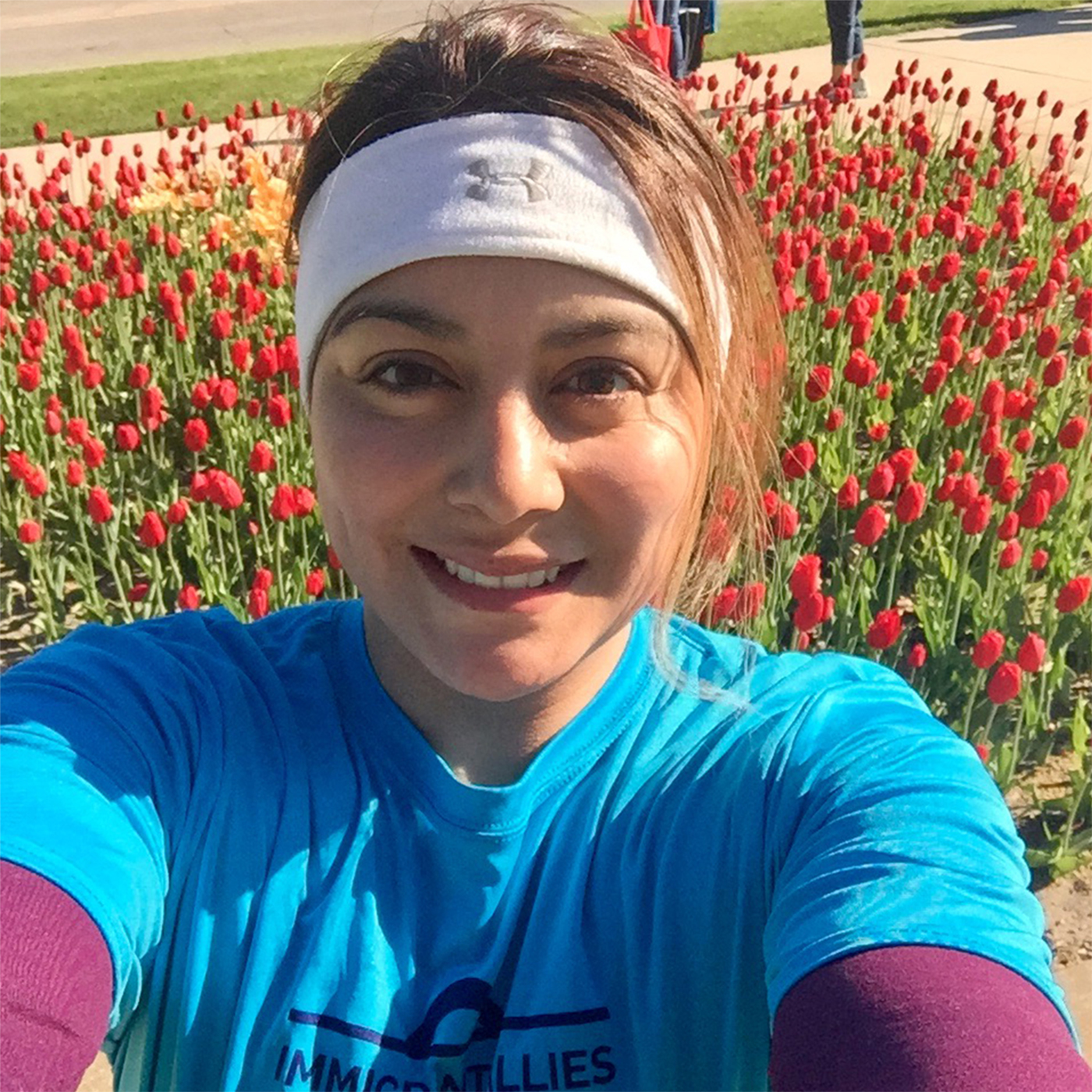
Before DACA, routine activities felt shameful. I felt ashamed filling out any piece of paper asking my name, address and Social Security number. I’d put off going to the doctor, even when I was sick with a chronic health problem, to avoid that sense of shame. For major purchases, I had to ask a huge favor of a trusted friend or relative who would put it in their name. When DACA was created, people I’d known all my life came out of the woodwork to help me apply. One friend who was a notary volunteered to fill out the paperwork. People at church offered their prayers and support. It was such a new thing to be public about my status. I felt embraced, like I could finally be fully a part of the place where I grew up. I became more outspoken.
I got a job at a nonprofit organization where I worked on a program helping low-income families get scholarships for preschool. Recently I joined a committee to help select scholarships for high school and college students. The local chamber of commerce sponsored me in a leadership program, and I’ve been thinking a lot about how I’m going to use my talents to steward resources in our community. My dream is to someday establish a scholarship for young Latinas to attend college, even if life circumstances keep them from attending school on the standard timeline.
I just bought a five-bedroom split-level house in Holland with my husband. Our part of West Michigan is the kind of area where a neighbor will just shovel your driveway while shoveling his own. We feel so fortunate, and so much a part of this community. Our neighbors would be shocked to learn that we stand to lose our jobs and our home, and we could even be deported.
Zion Dirgantara
Army reservist, Philadelphia, PA
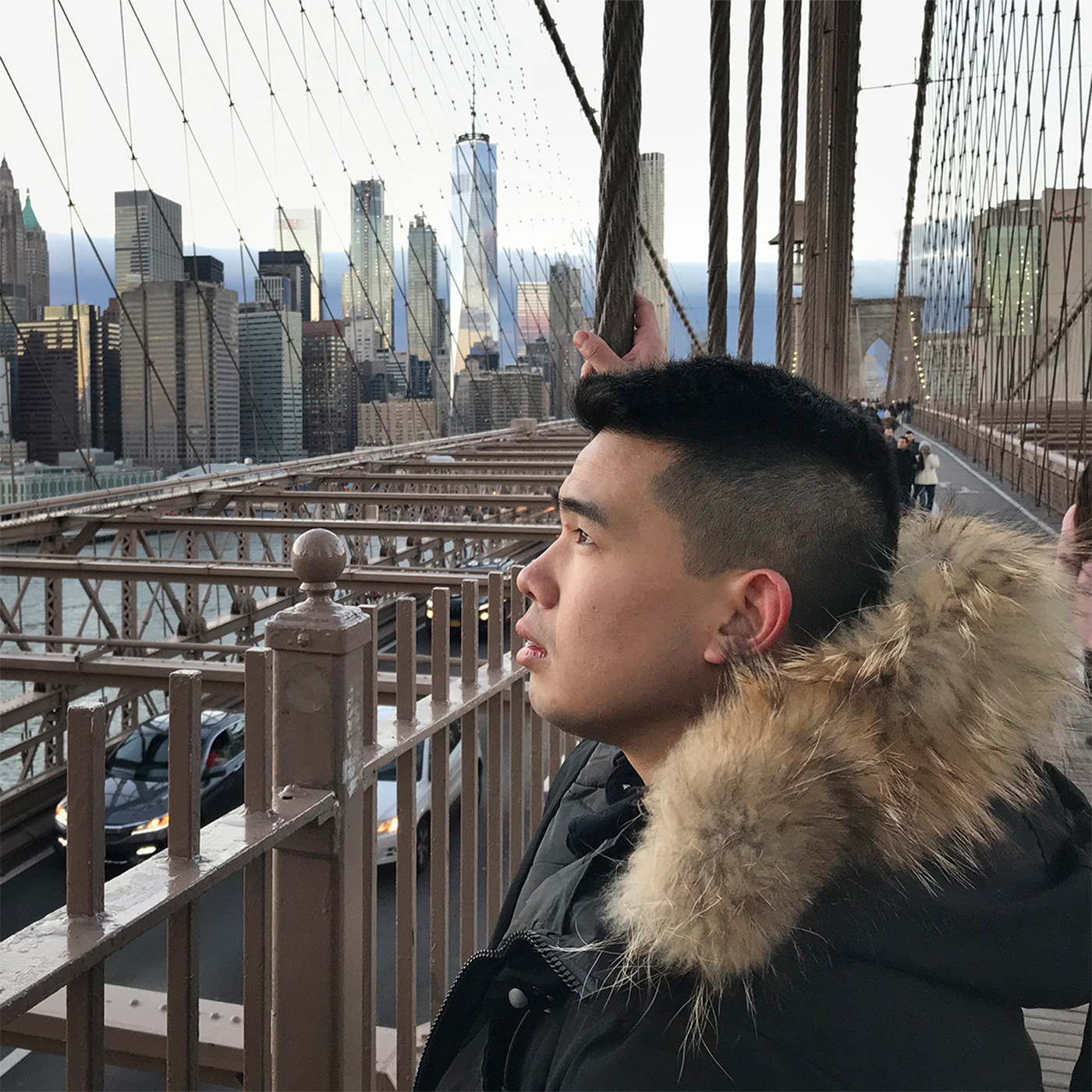
When I enlisted in the military, a recruiter told me to memorize “A Soldier’s Creed,” a set of guiding statements for soldiers. I keep a copy of the creed in my wallet and another taped to the wall beside my bed, so it’s the last thing I look at before I go to sleep.
The Soldier’s Creed says: “I will always place the mission first.”
My personal mission is to serve this country in the military. That comes before all else.
“I will never quit.”
I will never stop trying to earn my place in the Army—or defend my rights as a Dreamer who grew up in this country and is prepared to give everything to it.
“I will never leave a fallen comrade.”
These days, I think about this one a lot. I hope and believe our leaders are committed to it too. I believe and hope the American leadership will not abandon people like me. I still believe our leaders will step up and create a way for people with DACA to keep contributing to the United States.
Cinthia Osorio
Social work student, Dover, NJ
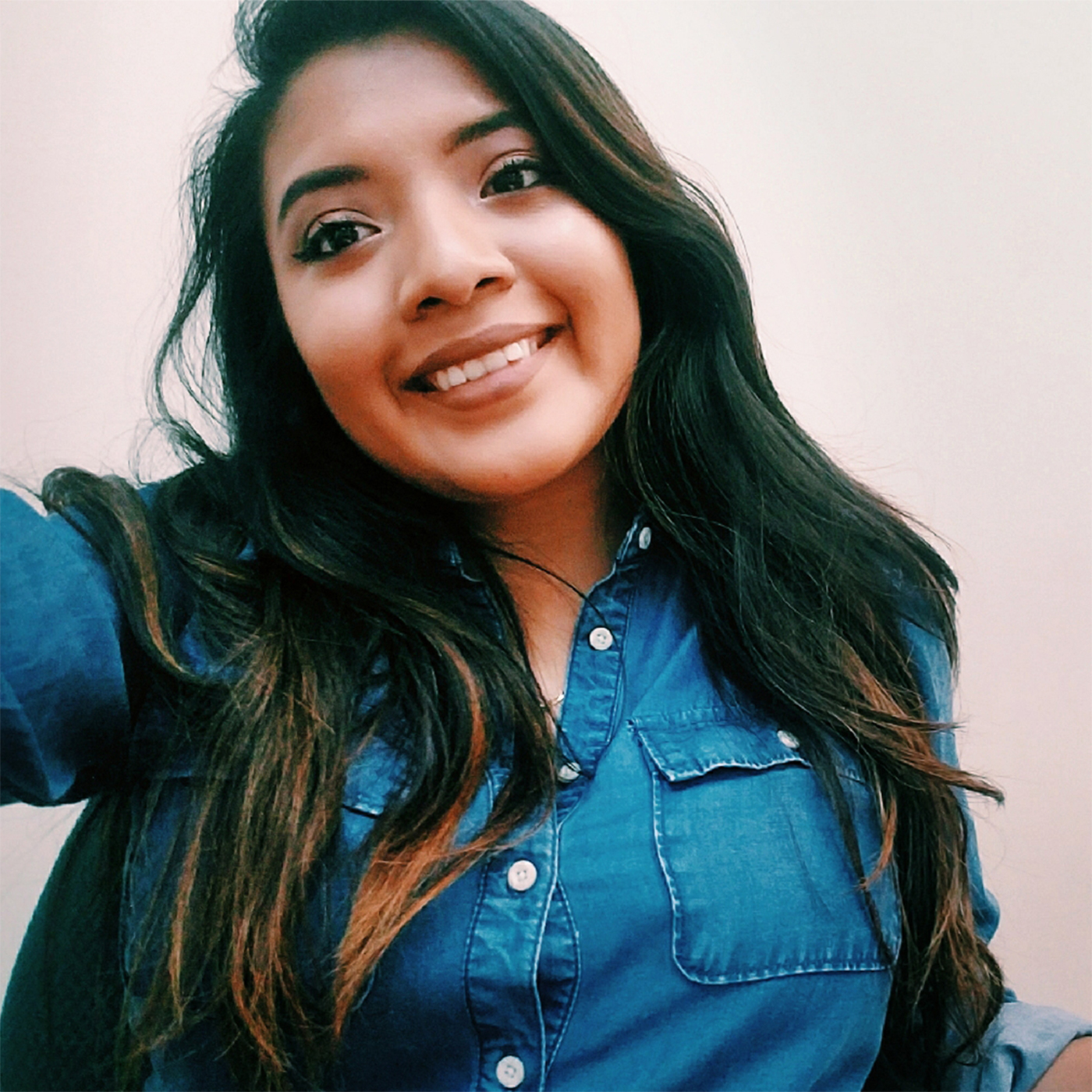
Growing up, I wanted so badly to fit in that I ate school cafeteria food instead of tortillas, listened to the Backstreet Boys and Britney Spears instead of ranchera music, and actually lost my ability to speak Spanish. I learned so much about U.S. history that in 8th grade at East Dover Middle School, I received the Daughter of American History award.
Your typical American high school experience—that was me at Dover High School. I was captain of the volleyball team, I ran for Homecoming Princess, and I volunteered for the Special Olympics. As part of the History Club, I traveled to Trenton to visit state representatives.
Then I needed a Social Security number to take my drivers' ed test and my mom told me I didn't have one—I was undocumented. I was stunned.
Marina Di Stefano
Doctor, Philadelphia, PA
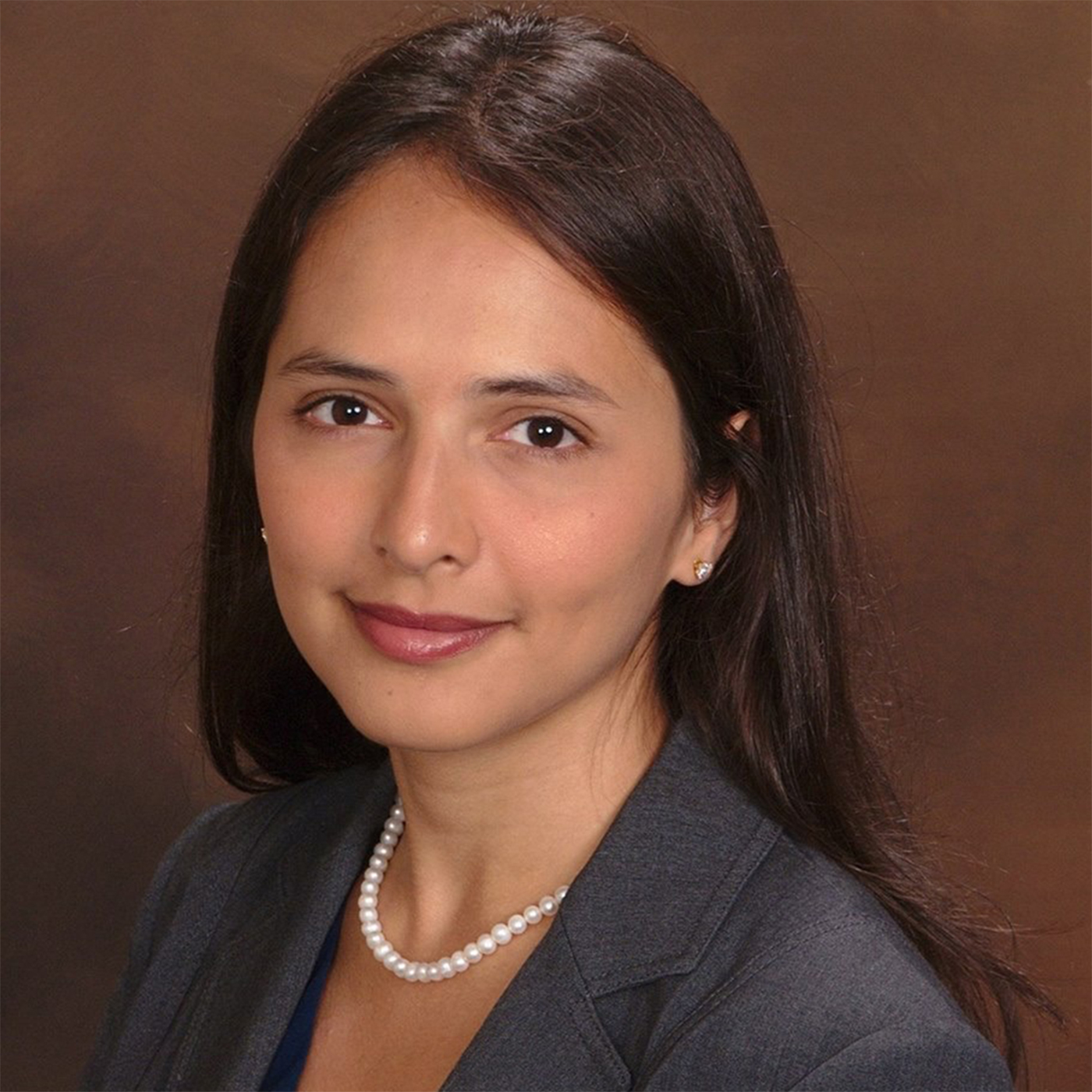
We arrived in the United States at the beginning of the summer I was seven years old. My dad, who had been a bus driver in Venezuela, had heard that kids in English-as-a-Second-Language programs in the U.S. were tracked into classes that weren’t academically challenging. So all summer long, we read the dictionary together to teach ourselves English. In September, I started school in an English-language second-grade class.
In some ways, I had a standard Brooklyn childhood, with soccer and track and double dutch. In the summer, we would open the hydrants and the fire department would hand out sprinklers so the kids could play in the water.
But I was basically a big geek. I got into a specialized high school for high-performing students, where I was a math nerd. In 10th grade, I worked in a genetics lab. In 11th grade, I did research in neurobiology with rats, looking at how sleep deprivation can shape memory.
I had no idea I was undocumented. My parents were very protective, because they worried that knowledge would change my view of myself and my prospects. I learned much later that when issues of immigration came up on the TV news, they’d change the channel. When their friends came over, my parents would take them aside and warn, “Don’t talk about immigration.”
Now I’m a doctor doing my residency in internal medicine at the University of Pennsylvania in primary care. I’m just starting my career and I dream of working to increase access to health care for underserved people. But my DACA expires a year from now—six months before I’m due to finish my residency. If Congress doesn’t act now, I may never be able to work in this profession I’ve trained in for so many years.
Julio Salazar
Car dealership office administrator, Amarillo, TX
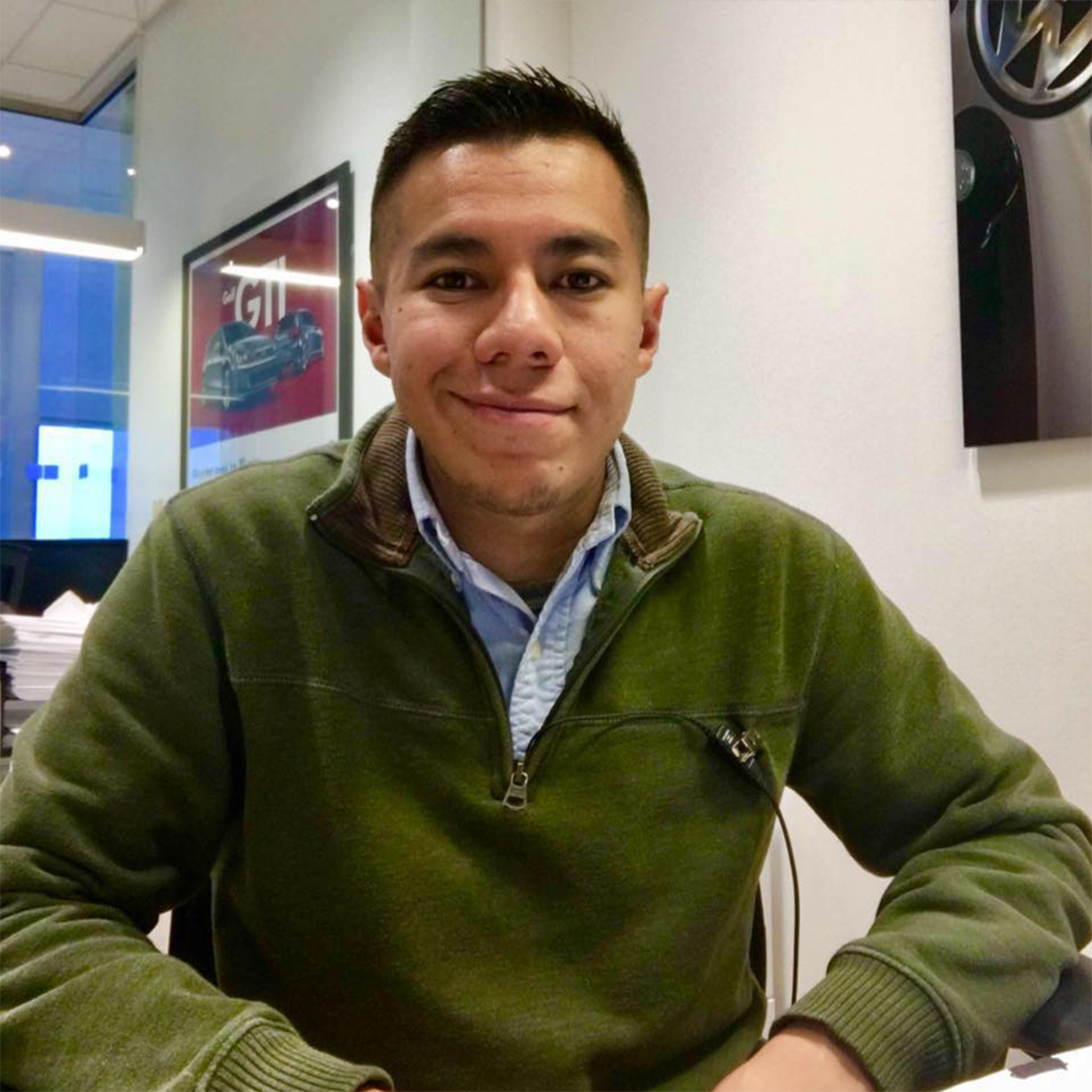
When I was in 8th grade, my brother was deported to Mexico. When I was a sophomore in high school, my mother went back to Mexico to attend her brother’s funeral and couldn’t come back. My senior year, my father was deported too. I stayed on in our family home, alone and undocumented.
Being apart from my parents so young was devastating—I was lonely, and I had to learn how to cook, pay bills, and build my life without documents. Sometimes my mother asked if I wanted to come to Mexico to be with my family. I would struggle not to break down on the phone because I didn’t want to make her cry—but the answer was no. I knew I belonged here and nowhere else—I didn’t know Mexico. This is my only home. So I stayed and managed to get into college.
The day I received DACA, I paid cash for a little Hyundai Accent, filled the tank with gas, and drove on a whim to New Mexico. I stopped, got out and sat on the trunk of the car and stared at the stars. I would be able to legally work, buy health insurance, and finance a car. I felt free, like I could finally live my life.
DACA allowed me to work my way through college. One of my favorite jobs was putting on a science show called Kaboom! for big crowds at the Don Harrington Discovery Center, and I now have a great job at a car dealership. I work one or two full-time jobs, and when I’ve saved enough money, then I enroll for a semester at West Texas A&M University. At 24 years old, I’m now a junior pre-med and biology major—I’m almost there. I hope to become a high school science teacher—and maybe someday, a doctor.
Zaid Consuegra
Coffee shop owner, Kansas City, MO
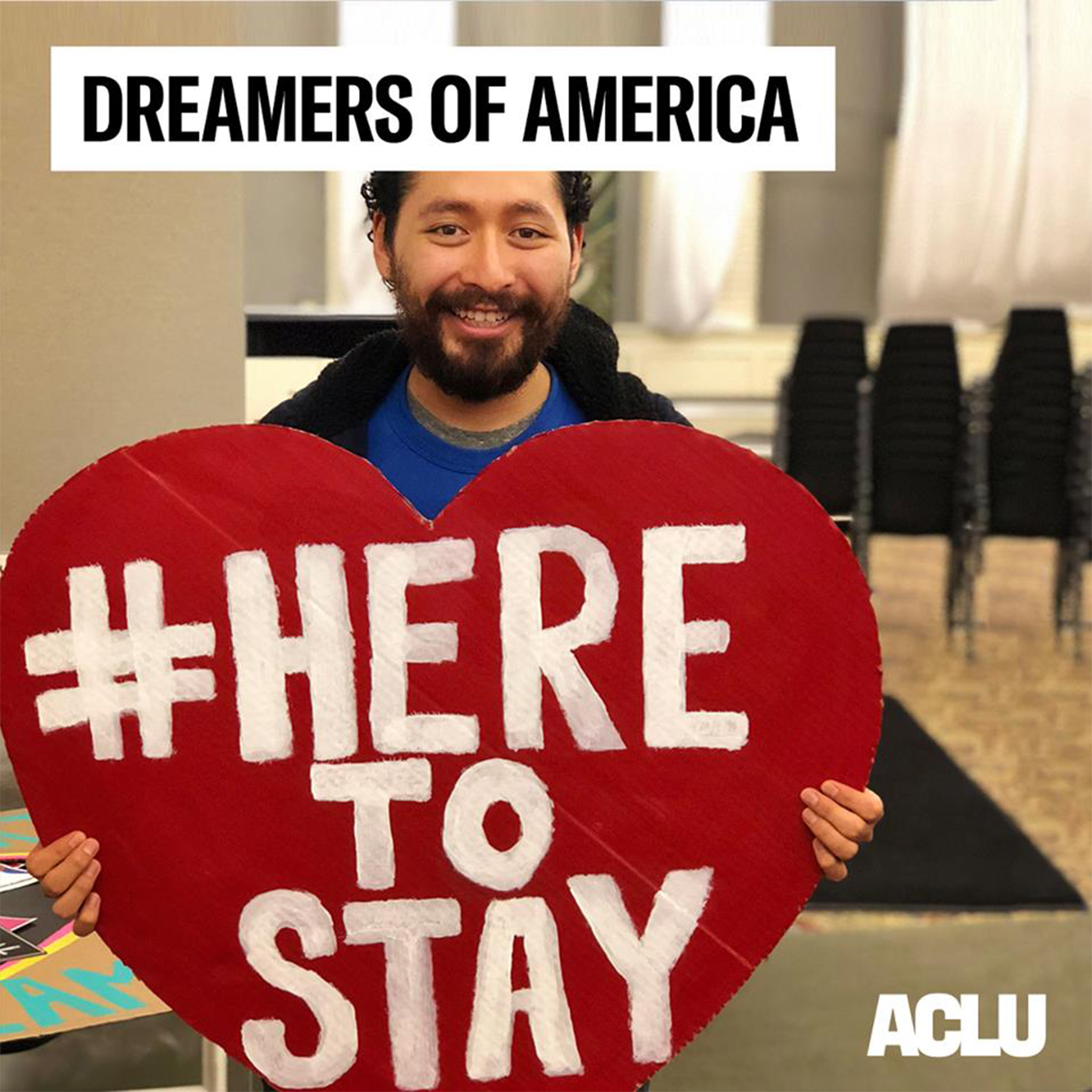
The menu at Pirate’s Bone coffee shop is as bicultural as me. You’ll find horchata mixed with espresso. A white chocolate latte flavored with guallijo chilies. Cinnamon-infused cold brew coffee. My business is a reflection of who I am, of my hopes and dreams.
I moved to the U.S. from Mexico when I was 11. For many years, I was ashamed of who I was — and where I came from. I was undocumented.
In 2015, after years of living with the fear of being undocumented, I applied for President Barack Obama’s Deferred Action for Childhood Arrivals, or DACA, program. My life has plunged into chaos after President Donald Trump announced he was ending the DACA program in 2018.
Every day at my shop, I provide people with a greeting and a dose of caffeine. I am part of this community. It’s heartbreaking to think of how quickly life as I know it could end.
Related Stories
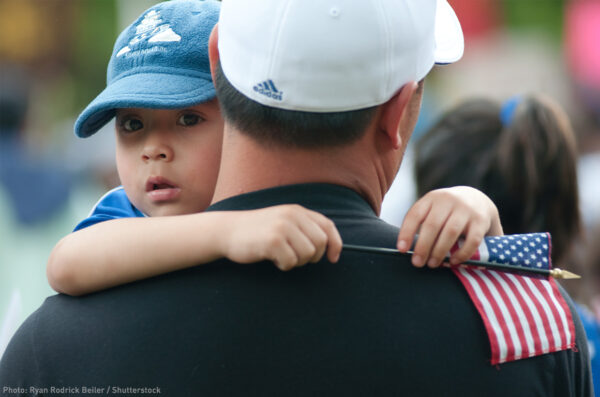
Immigrants' Rights
What Is DACA and Has It Changed Under Trump?
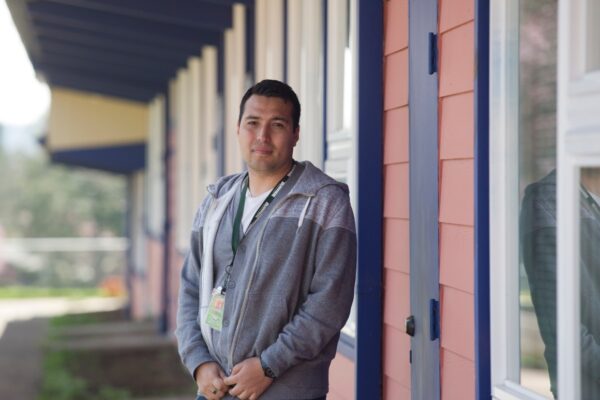
Immigrants' Rights
I Have DACA, but That Didn’t Stop Trump’s Immigration Agents From Arresting Me
Stay informed
Sign up to be the first to hear about how to take action.
By completing this form, I agree to receive occasional emails per the terms of the ACLU's privacy statement.
By completing this form, I agree to receive occasional emails per the terms of the ACLU's privacy statement.